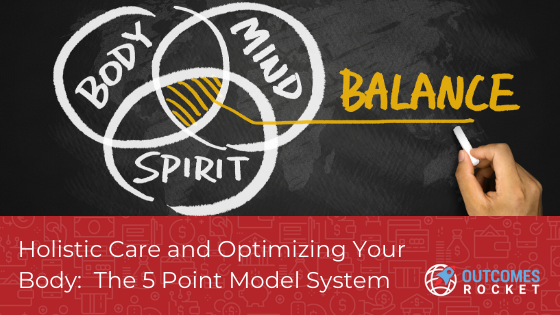
The past decade has seen big leaps in U.S. healthcare. Advances in technology, the transition to value-based care, policy changes like the Affordable Care Act, and the conversations on population health and interoperability are all proof that positive changes are being made. However, there are still plenty of improvements we can make. One of the primary modifications would be the shift from reactive to proactive healthcare.
In the U.S., most Americans only visit the doctor’s office when they experience health problems. The doctor, in turn, prescribes medicine to counteract the sickness. Both patients and doctors are reacting to the symptoms. Reactive practice accounts for more than 75% of healthcare spending. Since healthcare in the U.S. costs an estimated $3 trillion annually, reactive healthcare amounts to more than $2 trillion.
Chronic diseases like heart disease or diabetes are among the main contributors to this massive spending. But many chronic diseases are either largely preventable or can be managed if patients chose preventive care and work closely with their healthcare providers.
The US does not monopolize this reactive practice of healthcare. Many countries also suffer from reactive practice. I have also yet to master proactive health, which is why I find my conversation with Dr. Pati exciting, informative, and refreshing.
Dr. Sangeeta Pati is the President and Medical Director of SaJune Institute for Restorative and Regenerative Medicine in Orlando, Florida. She started her career as an OB-GYN and practiced in her field for 13 years before she opened SaJune, an integrated medical center.
In our interview, she shared how her experiences of practicing medicine in the U.S. and abroad shaped her medical practice, why she stopped practicing obstetrics and gynecology and started practicing restorative regenerative medicine, what are the causes of degenerative changes, and how to restore the body to its optimal health. According to Dr. Pati, she started practicing restorative regenerative medicine to empower patients to be in the driver’s seat for their own health. She said she knew in her heart that if one restores the body to optimal, it can heal itself.
Dr. Pati’s journey started when she worked with a nonprofit organization that aims to lower the maternal mortality rate. She related, ‘I managed to have a position with a company called Engender Health that had a large grant to lower maternal mortality around the world and funded by Bill and Melinda Gates Foundation. So that’s when I had an opportunity to travel and actually work in Kenya and Tanzania, Nepal, Thailand, just many countries around the world. And I worked mostly with midwives and traditional birth attendants and also ministries of health. And it became very clear that my toolbox of pharmacy and surgery wasn’t really addressing the underlying cause. And additionally, was not a sustainable way to practice or help anybody to get really well.‘
When she got back into the States and started practicing again, she got signs and messages that told her to look for causes. It was at this point that she stopped practicing ‘obstetrics and gynecology and delivering babies and started to practice restorative regenerative medicine.’
Dr. Pati explained that the five-point model system is a system that optimizes the body functions so it can do its function and keep you healthy and disease-free. The five-point model addresses hormones, nutrition, toxins, mind, and body. Her idea is to empower people to optimize all five areas and to get to the point where they really don’t need doctors that much.
Optimizing nutrition for Dr. Pati means the 71st percentile and above, the section where you get protection. She also shared that she started with hormones because of her background in OB-GYN, but something happened. ‘Slowly I realized that without enough selenium and iodine, you don’t activate the thyroid pathways, and if you’re not clearing the liver and the kidneys, you’re doing daily detoxification with a hundred ounces of water, you won’t have the full effect. And of course, everything starts with, you know, whereas our heart, mind, and oxygenation.’
When asked about causal medicine and its benefits, Dr. Pati postulated that humans are inherently programmed to look for causes. She compared how modern and ancient people seem to know what to do to take care of their immune system. She expressed, ‘I think that we are actually as a human race, programmed not only with all the knowledge that we need to keep ourselves well and to heal ourselves, but also, that’s what our heart wants to do. Most of us do that.’
SaJune Institute for Restorative and Regenerative Medicine offers additional interventions depending on the goals of the patient. It also offers nutritional counseling programs.
In her practice, about a quarter of patients are health care practitioners and their spouses and families. That speaks volumes about the effectivity of her 5-Point model system. She candidly admitted that her medical center was not the first choice. Patients usually opt for pharmacy and surgery first, and when they don’t get the results they want, they go to her clinic.
In a world of reactive care, Dr. Pati’s specialty in regenerative medicine and her push for proactive care can help improve the quality of the patient experience, increase patient retention, and reduce the cost of care. If you are a health practitioner, helping patients shift to proactive care will benefit both you and the patient in the long run.
To learn more about Dr. Pati, listen to our conversation here: https://outcomesrocket.health/sajune/2020/01/
For more insightful conversations in healthcare, visit https://podcasts.apple.com/us/podcast/outcomes-rocket/id1246067757.
According to the 2020 Centers for Disease Control and Prevention report, roughly 34.2 million Americans have diabetes,...
Read MoreAs a farmer, Rod was used to long days. He worked 18 hours a day, 7 days...
Read MoreWith investors receiving hundreds of pitch decks every year, how do you create a compelling presentation that...
Read More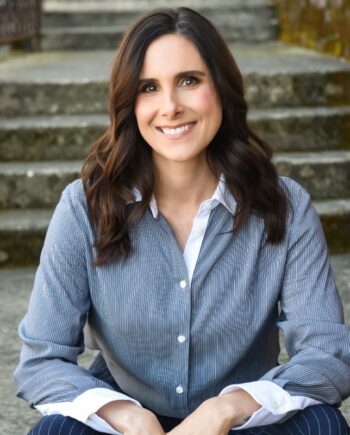
Brittany Busse Co-Founder, President, and Chief Medical Officer at
ViTelHealth
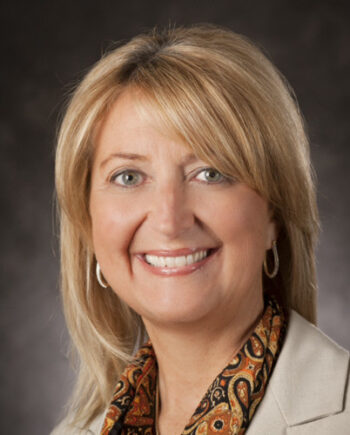
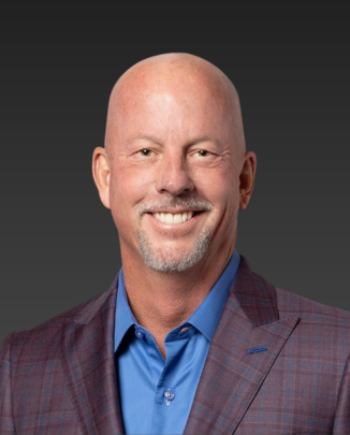
Stephen Thorne Founder and CEO at
Pacific Dental Services
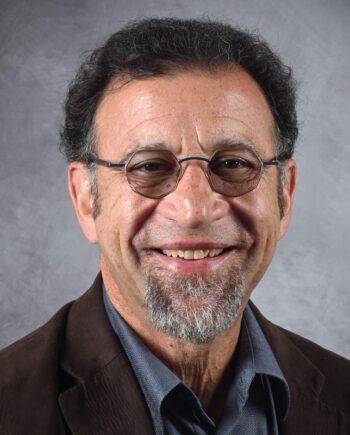
Keith Carlson Nurse Career Coach